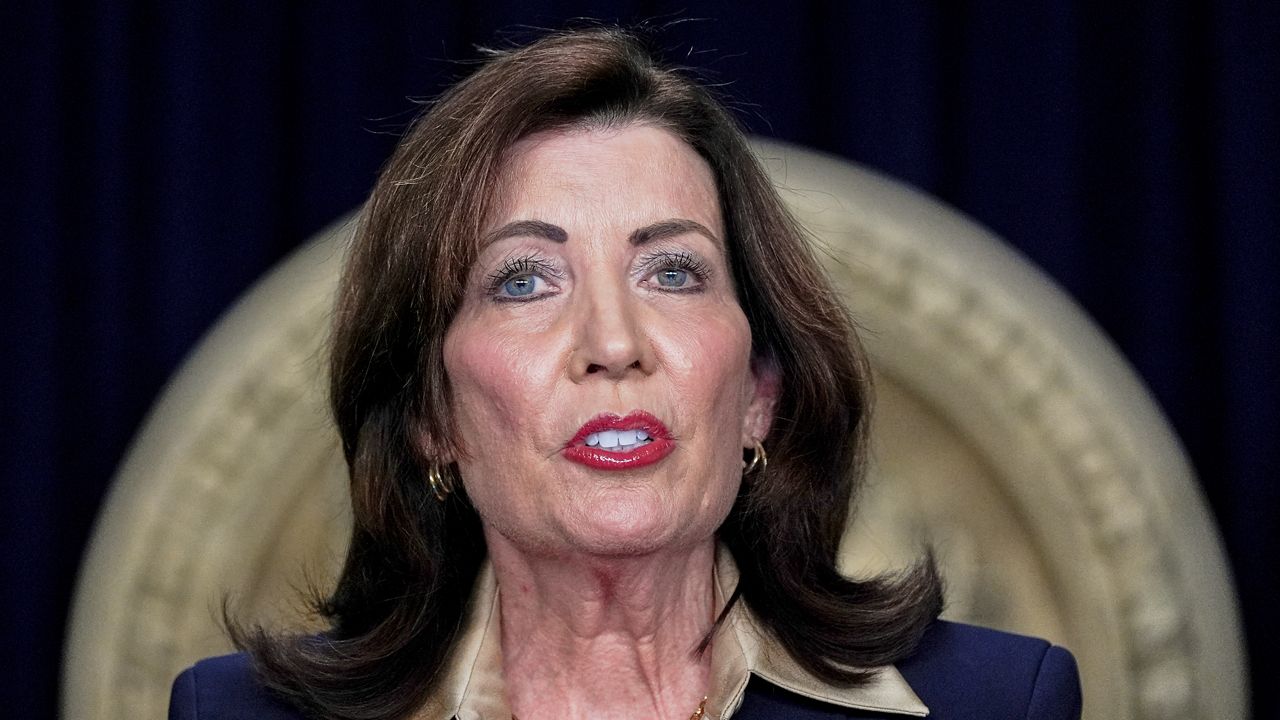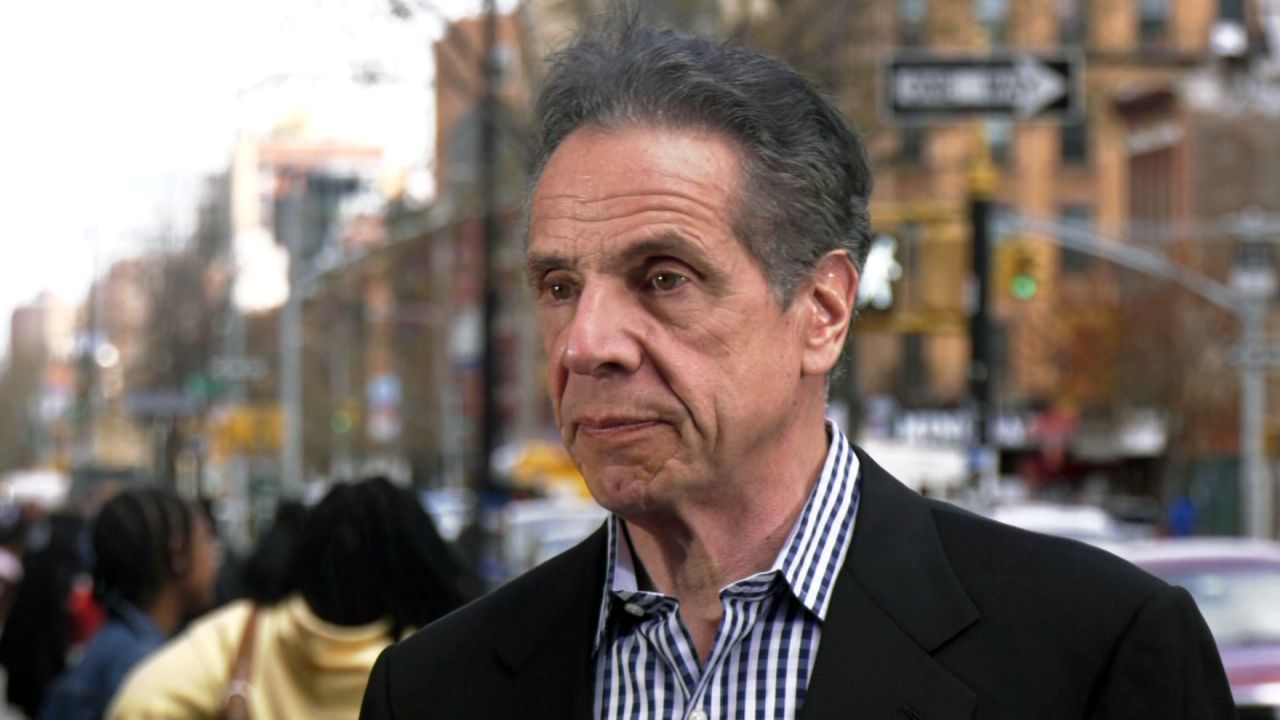The Supreme Court on Thursday cleared the way for a National Rifle Association lawsuit against a former New York state official over claims she violated its free-speech rights.
The unanimous opinion reverses a lower-court decision tossing out the gun rights group’s lawsuit against ex-New York state Department of Financial Services Superintendent Maria Vullo.
What You Need To Know
- The Supreme Court on Thursday cleared the way for a National Rifle Association lawsuit against a former New York state official over claims she violated its free-speech rights
- The unanimous opinion reverses a lower-court decision tossing out the gun rights group’s lawsuit against ex-New York state Department of Financial Services Superintendent Maria Vullo
- The NRA said Vullo pressured banks and insurance companies to blacklist it after the school shooting in Parkland, Florida, that left 17 people dead in 2018
It does not, however, shield the NRA and other advocacy groups from regulation, Justice Sonia Sotomayor said.
“Ultimately, the critical takeaway is that the First Amendment prohibits government officials from wielding their power selectively to punish or suppress speech, directly or (as alleged here) through private intermediaries,” she wrote.
The NRA said Vullo pressured banks and insurance companies to blacklist it after the school shooting in Parkland, Florida, that left 17 people dead in 2018. The group was represented by the American Civil Liberties Union, and the Biden administration argued some of its claims should go forward.
Vullo argued she rightly investigated NRA-endorsed insurance policies sometimes referred to as “murder insurance.” She said she did speak out about the risks of doing business with gun groups but didn’t exert any improper pressure on companies, many of which were distancing themselves from the NRA on their own at the time.
The NRA said Vullo leveraged a state investigation into the legality of NRA-endorsed insurance products to pressure insurance companies, saying she would go easier on them if they cut ties with the group. The NRA had been working with insurance companies to offer its members policies that covered losses caused by firearms, even when the insured person intentionally killed or hurt somebody.
The products clearly violated state law, Vullo said, including by covering intentional acts and criminal defense costs. The probe started before the Parkland massacre, and the insurance providers ultimately paid multimillion-dollar fines.
Vullo also sent out guidance letters to banks and insurance companies warning about the “reputational risks” of working with the NRA. The NRA said her words had significant sway because of her position and several companies cut ties with the group, costing it millions of dollars in revenue.
Vullo said the letters were evenhanded, and her attorney argued that letting the lawsuit go forward would improperly muzzle public officials.






_(Ayana)_LLV_Cuomo_Interview_134126005_2400)


